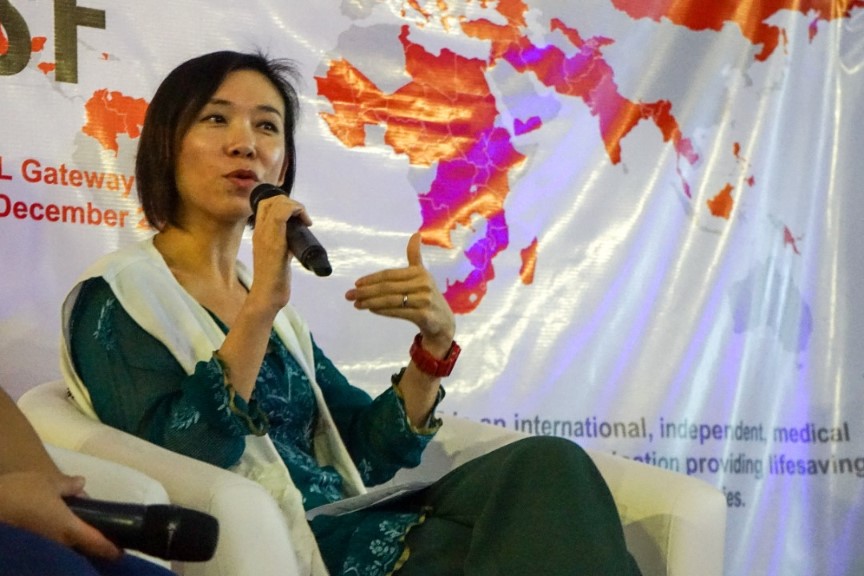KUALA LUMPUR, Sept 12 – Doctors Without Borders (MSF) today urged Putrajaya to provide the Rohingya temporary legal status to stay in Malaysia.
The medical humanitarian group said it treats Rohingya patients who are badly injured at work in Malaysia, but who don’t go to public hospitals for fear of being reported to immigration authorities.
“Yet recent research demonstrates that including refugees in the legal workforce could add millions to gross domestic product and tax revenue, as well as create jobs for Malaysian citizens,” said Beatrice Lau, MSF’s Head of Mission in Malaysia, in a statement.
“The Pakatan Harapan manifesto promised legal status and work rights to refugees; the government should fulfil these commitments.
“Malaysia can lead by example on the question of status, by granting Rohingya some form of temporary status to stay in the country legally.”
Lau said the Muslim minority group — of which over a million fled to Bangladesh, Malaysia, Indonesia, and Thailand, among others, from violence perpetrated by the Myanmar military in Rakhine State — did not have refugee status in Malaysia and Bangladesh. Rohingya are denied citizenship in Myanmar.
“Statelessness is the root of their vulnerability,” she said.
“Rohingya in Bangladesh and Malaysia tell MSF that they feel suspended in time, unable to move beyond daily survival simply because of their identity. They say that while they dream of returning home, they currently see no pathway to a better life there.”
A surge in fighting between the Myanmar military and the Arakan Army, an ethnic Rakhine insurgent group, has displaced tens of thousands since last January, according to Lau.
In Bangladesh, Rohingya refugees are not allowed to independently access public health facilities due to movement restrictions, and there is a lack of specialised services for mental health and sexual and gender-based violence, despite high needs.
Southeast Asia’s leaders will convene on the sidelines of the United Nations (UN) General Assembly this month and during the Asean Summit in November.
“At the political level, Asean should support Myanmar to implement the recommendations of the Rakhine Advisory Commission, led by the late UN Secretary-General Kofi Annan.
“If realised in full, in the spirit they were drafted, the recommendations will benefit all communities,” Lau explained.
She said Asean could engage Myanmar on issues like birth registration and suggested a citizenship verification process of international standards, stressing that the Rohingya need clarity about their citizenship rights.
Philip Alston, the UN Special Rapporteur on extreme poverty and human rights, in his recent report on a working visit to Malaysia, also noted that irregular migrants reported avoiding government health centres altogether due to document checks and potential involvement of immigration authorities.
“The government confirmed to me that undocumented people receiving treatment would subsequently be detained and deported,” he had said.








